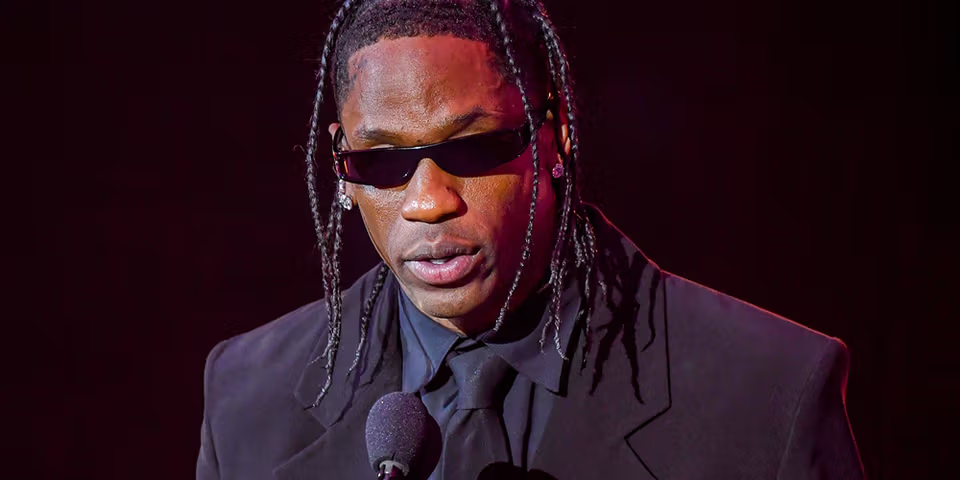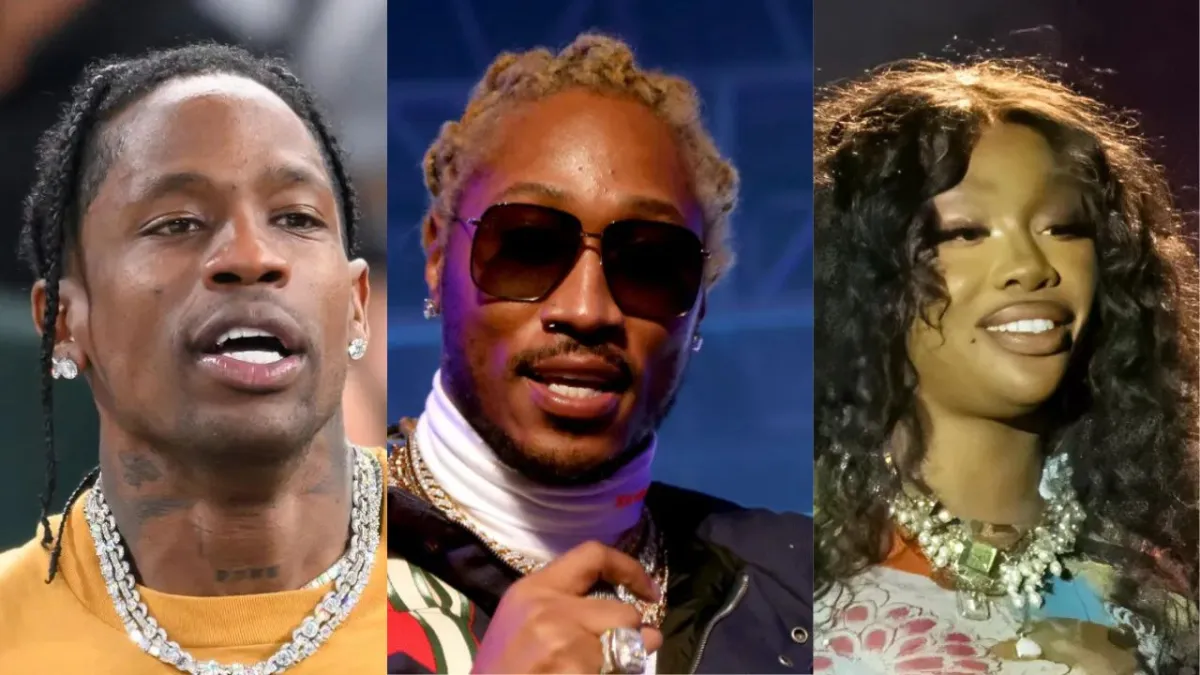A songwriter has alleged that Travis Scott, SZA, and Future used elements of her song without authorization.
In a copyright infringement lawsuit filed on Wednesday, January 8, Victory Boyd, a musician signed to Roc Nation, claims the trio’s 2023 collaboration, “Telekinesis,” incorporates parts of her 2019 track “Like the Way It Sounds” without her consent.
The lawsuit names several defendants, including Cactus Jack Records, LLC, Cactus Jack Publishing, LLC, Epic Records, Sony Music Entertainment, Sony Music Publishing, luxury watch brand Audemars Piguet, and songwriters Jahmal Gwin, Jahaan Sweet, Nima Jahnbin, and Edgar Panford, as well as other unnamed individuals.
Dua Lipa Sued for Copyright Infringement by Reggae Band Who Claims She Stole ‘Levitating’ from Them
The complaint states: “Scott, SZA, Future and all defendants intentionally and willfully copied plaintiffs’ original work, specifically plaintiff’s lyrics, when they commercially released the infringing work.”
Boyd alleges that she shared “Like the Way It Sounds” with Kanye West and recorded a version of the song titled “Ultrasounds” with him.
She believes this version was shared with Scott, though it was never officially released.
The songwriter claims Scott “intentionally and willfully copied her song” when creating “Telekinesis” with Future and SZA for his 2023 album Utopia.

She asserts that she never authorized the release of their collaboration, which she says used elements of her original work.
According to the lawsuit, Boyd alleges her music was left at a studio in Wyoming, where Scott worked on the allegedly infringing song.
“Upon information and belief, Scott, SZA, and Future intentionally and willfully copied Plaintiff’s Original Work, specifically Plaintiff’s Lyrics and Melody, when they created the Infringing Work in May of 2023,” the suit further claims.
The complaint also alleges that Boyd was credited as a songwriter but was unaware that her work would be “copied and commercially released” by Scott, Future, and SZA. Boyd claims she had planned to release her version of the song through Roc Nation.
Additionally, Boyd asserts that Audemars Piguet collaborated with the trio on an advertising campaign featuring “Telekinesis,” even though she never gave permission to use her work.
In the lawsuit, Boyd requests that all defendants named “recall and destroy” any copies of music derived from her original work.
She is also seeking financial compensation “in an amount to be determined at trial in actual damages and profits, plus interest.”
Furthermore, Boyd is asking for “a full and complete accounting of all profits obtained from their marketing, distribution, and national television broadcasting” of “Telekinesis.”
